This book contains the proceedings of the third scientific symposium addressing “The arts in light of the objectives of Islamic law”, organised by the Centre for Study of the Philosophy of Islamic Law at Al-Furqān Islamic Heritage Foundation. This book’s importance lies in the attempt to formulate an integrated, foundational, Islamic law objectives-based conception of the question of the arts and their function in Muslim society; given that the arts represent one of the most important, distinctive expressions of a civilisation’s achievement. Moreover, it emphasises that art is rooted in the human being’s innate nature (fiṭrah). Thus, any human striving to unleash creativity in the arts is driven by this innate nature, to soar to a higher plane of taste, emotion, and noble manners. This book aspires to induce a paradigm shift in contemporary Muslim awareness of the importance of the arts and the aesthetic values of creativity in life; furthermore, advancing Islam’s concept of art culture and aesthetic theory, seeking to understand the essence of existence, connected to fine principles, honourable values, and good. The esteemed reader will find serious attempts to examine the arts question from the applied perspective, and its relationship to Islamic law objectives, referencing the arts domains of calligraphy, architectural decoration, and cinema. Valuable academic papers addressed the topics: “Fine arts and their civilisational requisites: referral to the principal sources of Islam, motivation, and foresight”; “Beautiful blend: art philosophy and Islamic law objectives, theorising and application to the art of Arabic Islamic calligraphy”; “Purification of the human being as an objective of art”; “Arts patrons and the objectives of architectural decoration: a reading into the collection of Prince Yūsuf Kamāl”; and “Cinematic necessities from the perspective of Islamic law objectives: inventing persons and events as an example”. This book represents a novel contribution of value to the scientific and knowledge domain, and a new building block in the study of Islamic law objectives, and their relationship to the arts.
 Shared Knowledge
Shared Knowledge
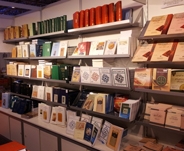
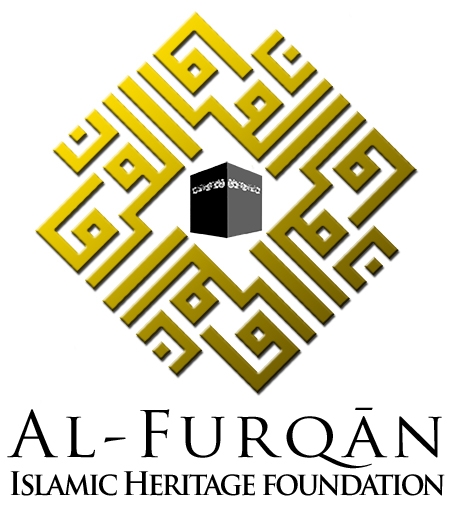
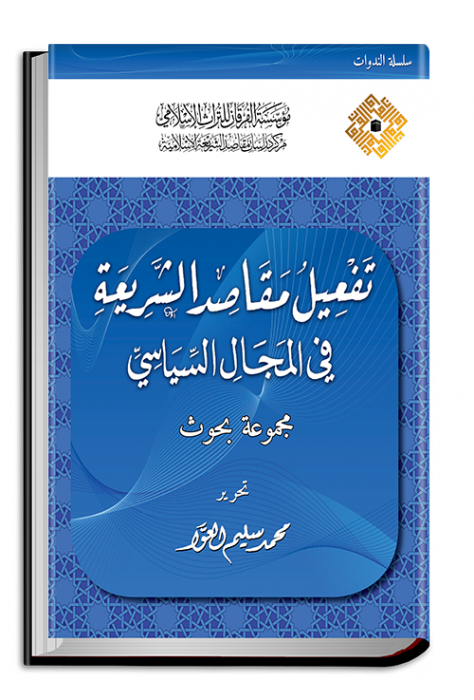 The Activation of Sharīʿah Objectives in the Political Sphere (Research articles)
The Activation of Sharīʿah Objectives in the Political Sphere (Research articles)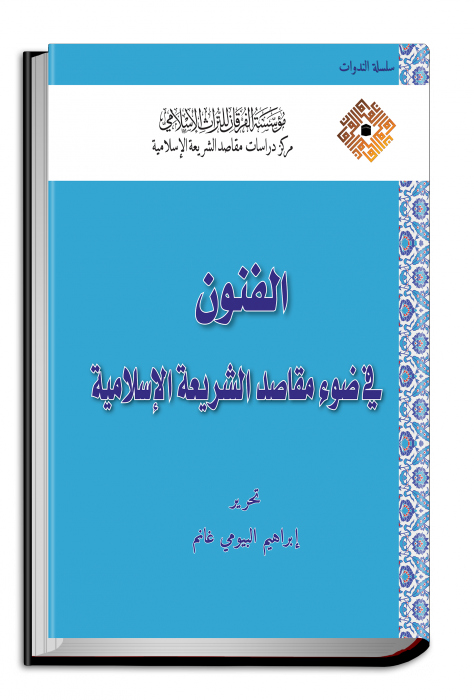 Arts in the Light of Maqāṣid al-Sharīʿah
Arts in the Light of Maqāṣid al-Sharīʿah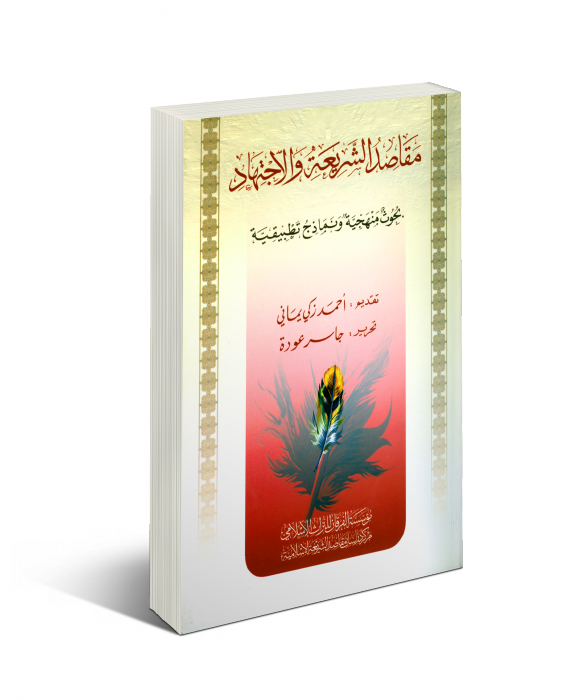 Purposes and Reasoning in the Islamic Law: Theory and Applications
Purposes and Reasoning in the Islamic Law: Theory and Applications